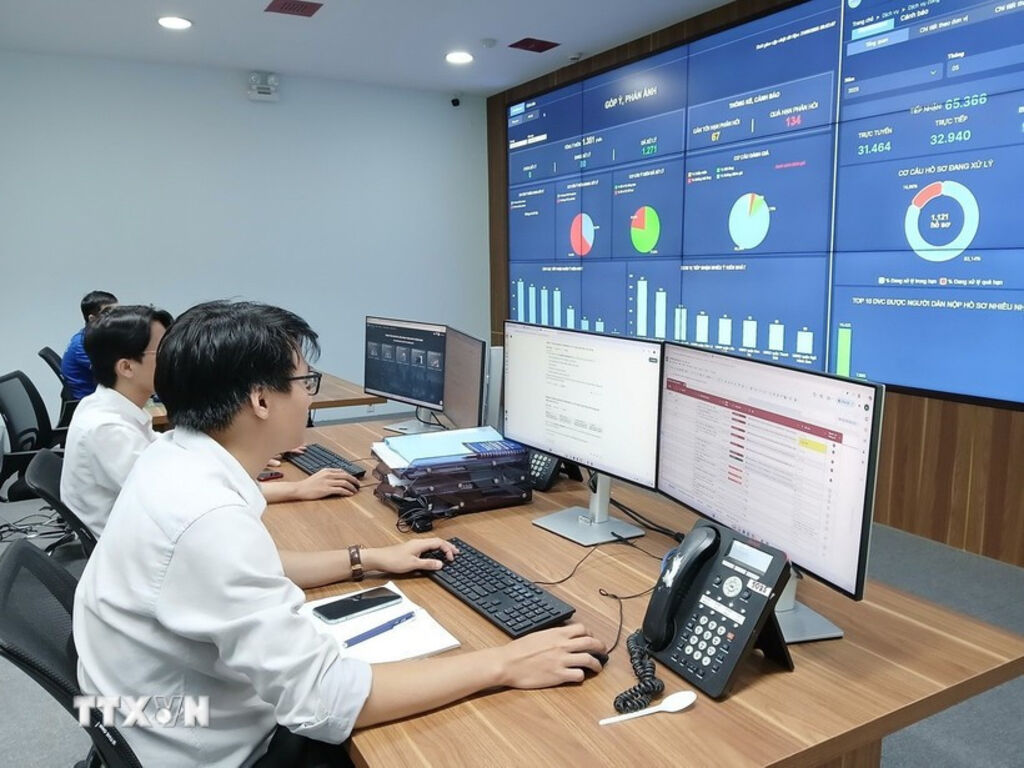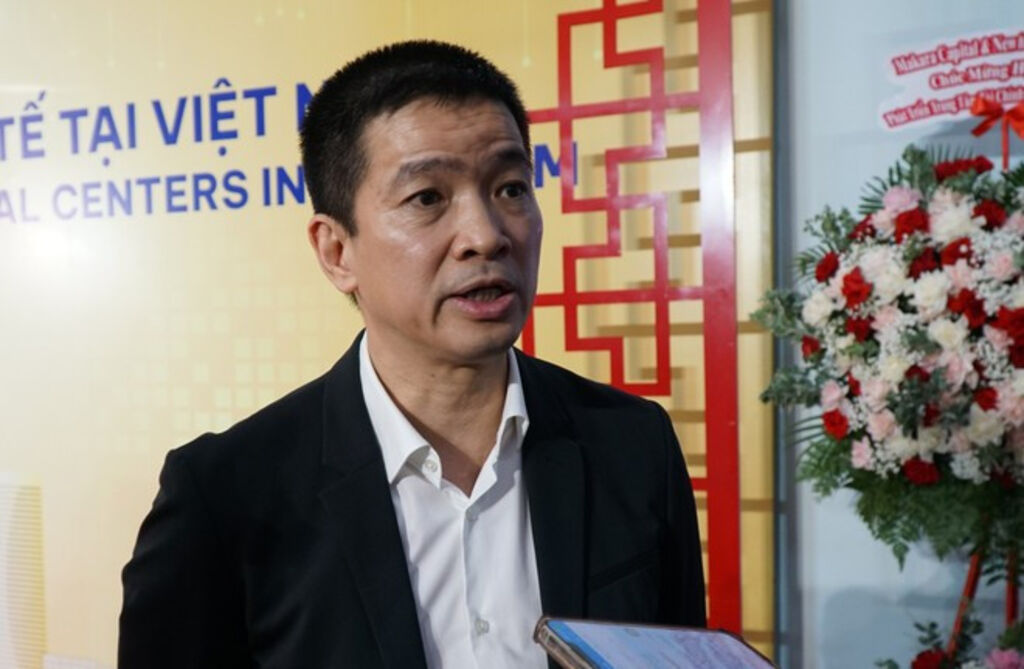 |
| More than 20 percent of the Vietnamese population own cryptocurrencies__Photo: VNA |
Vietnam has taken a major step towards transforming digital assets into real economic value with the passage of the Law on Digital Technology Industry at the 9th session of the 15th National Assembly.
The law is regarded as a breakthrough decision with far-reaching significance for the development of the country’s digital sector. Digital assets, tokenized assets and cryptocurrencies are formally recognized in the law, not only protecting legitimate ownership rights but also creating a clearer legal framework for businesses operating digital infrastructure.
Legal framework for digital assets
According to Nguyen Khac Lich, Director of the Department of Digital Technology Industry under the Ministry of Science and Technology, Vietnam has become the first country in the world to enact a dedicated law on the digital technology industry. This demonstrates the nation’s pioneering role in building a modern and comprehensive digital governance framework.
International reports highlight Vietnam’s rapid embrace of digital assets. More than 20 percent of the population own cryptocurrencies, ranking the country second in the world (Triple-A 2024), while it placed third worldwide for crypto adoption (Chainalysis 2023).
The new law serves as a crucial foundation for defining ownership, transactions and security of digital assets - a pressing need given the pace of national development. It also encourages innovation, supports blockchain platforms, and strengthens safeguards for users against risks such as fraud and asset loss due to regulatory gaps.
Phan Duc Trung, Chairman of the Vietnam Blockchain and Digital Asset Association and head of 1Matrix, noted that tokenized real-world assets (RWAs) could reach nearly USD 19 trillion- around 10 percent of global GDP - by 2033, according to projections by the US’s Boston Consulting Group.
This underscores the growing role of digital assets not only as investment tools but also in reshaping capital markets, broadening access to finance, and driving innovation across sectors.
A report from the Atlantic Council shows that 45 out of 75 countries surveyed (60 percent) had legalized digital assets by August 2024 – an increase of 12 within a year. However, only 28 met all four comprehensive criteria: taxation, anti-money laundering and counter-terrorism measures, consumer protection, and licensing regimes.
Earlier, on June 12, the Prime Minister issued Decision 1131/QD-TTg identifying blockchain, digital assets, cryptocurrencies and related infrastructure as strategic technologies.
These moves align with the Party and State’s strategic vision set out in Resolution 57-NQ/TW on breakthroughs in science, technology and innovation, Resolution 68-NQ/TW on private sector development, and the national blockchain strategy approved under Decision 1236 of the Prime Minister.
Boost for domestic technology enterprises
Phan Duc Trung of 1Matrix and Nguyen Phu Dung, member of the Executive Board of the National Data Association and founder of PILA Group, stressed that digital assets represent the future of transactions and the digital economy. Asset tokenization – from real estate and commodities to intellectual property – enhances liquidity, transparency and access to capital for individuals and enterprises.
 |
| Phan Duc Trung, Chairman of the Vietnam Blockchain and Digital Asset Association__Photo: VNA |
Dung emphasized that with the new law, digital assets will be progressively recognized, valued and legally traded. This will allow investors, banks, auditors and regulators to participate transparently and securely in the ecosystem, a vital condition for attracting foreign indirect investment.
Dung added that Vietnam now has the opportunity to shift from being a “follower” in the global financial order to a “creator of its own digital asset standards”, similar to the bold steps taken by emerging hubs such as the United Arab Emirates and Singapore. This could unlock new financial models based on tokenized physical assets - from ports and industrial zones to real estate, equities, artworks and carbon credits.
For enterprises like PILA, which develops digital identity, authentication and asset management – the law provides a major boost, not only reinforcing confidence in PILA’s vision but also opening the way to expand its product ecosystem, engaging more deeply in the national data architecture and integrating into global digital value chains.
He noted that this is a golden opportunity for domestic tech firms to assert their position, provided they can seize the momentum created by new policies.
Similarly, 1Matrix sees the law as vital for commercializing its technologies, fostering international partnerships and attracting high-quality investment. Trung affirmed that the company is committed to taking a pioneering role in developing “Make in Vietnam” platforms, aiming to enhance the country’s digital competitiveness and drive innovation-led growth.
Both experts expressed their strong belief that Vietnam stands at the threshold of transforming the potential of digital assets into tangible economic value, shaping a new landscape for the digital economy and ensuring sustainable growth in the years ahead.- (VNA/VLLF)









